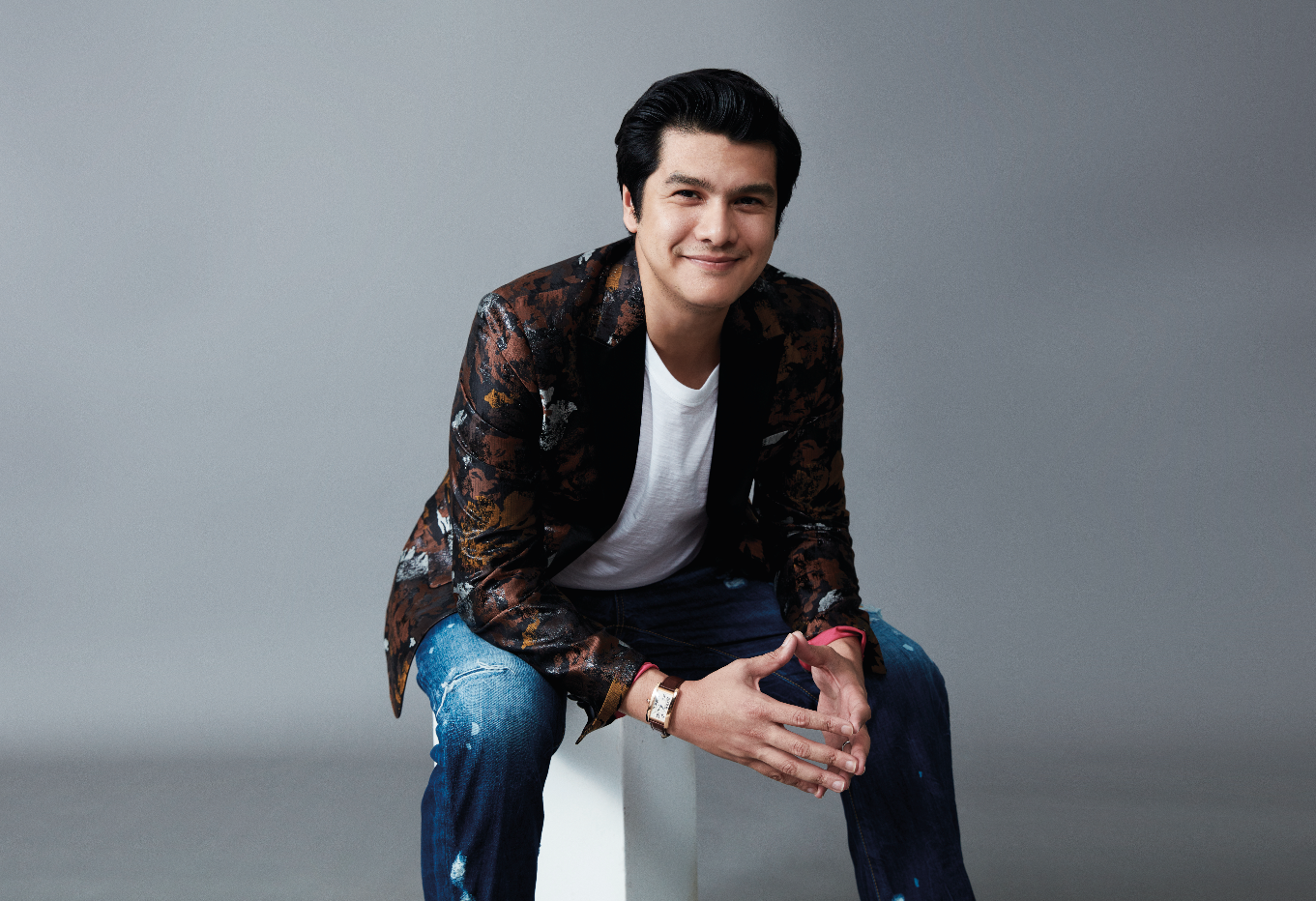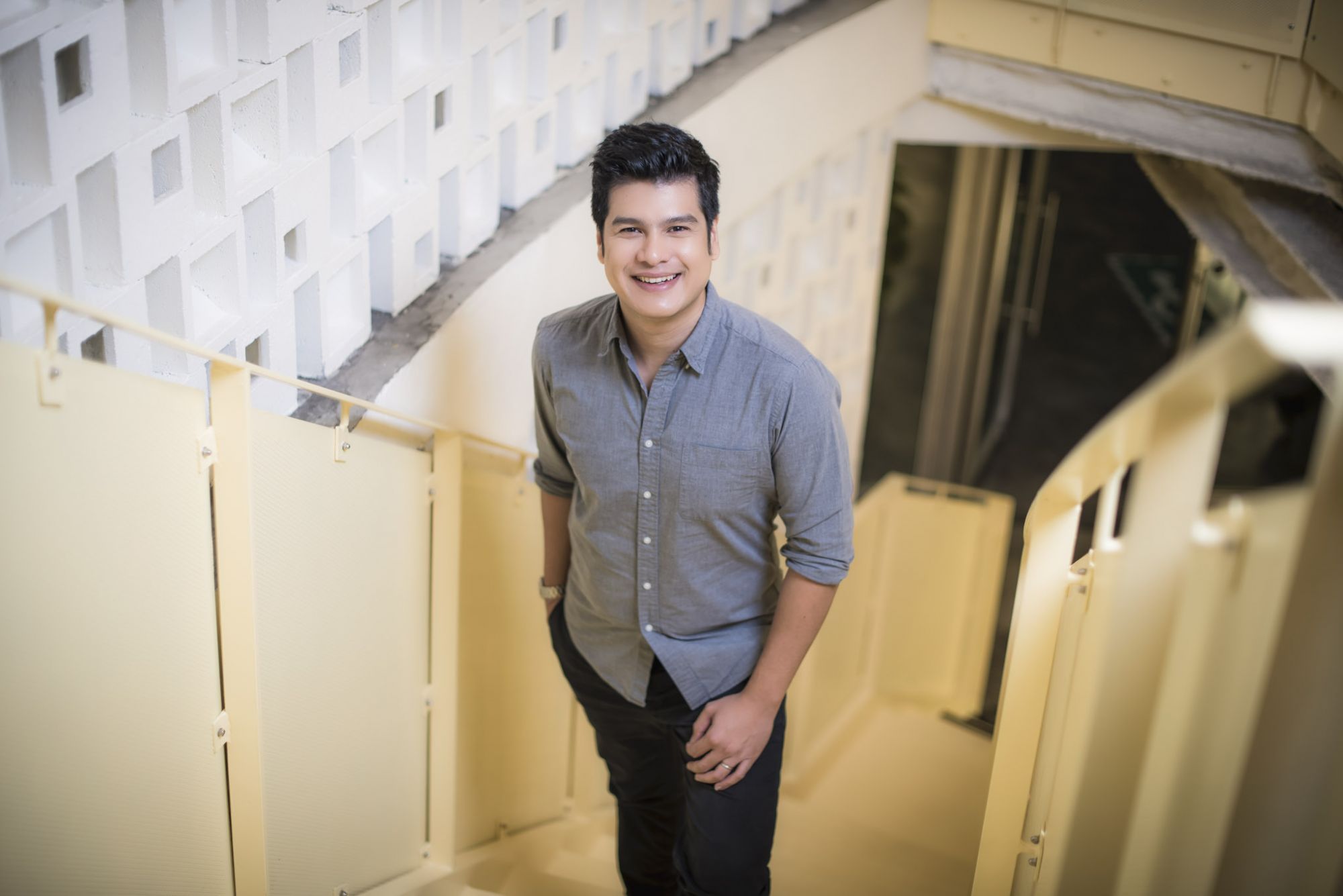Arrif Ziaudeen is founder of restaurant reservation platform Chope and the father of two "mini me" daughters. He explains how frequently the two worlds collide
When Arrif Ziaudeen founded Chope in 2011, the booking app had 12 restaurant partners. Today, Ziaudeen and his team have grown the platform to list 5,000 restaurants across five markets in the region, 3,000 of which are in the company's native Singapore.
When the country initiated its compulsory "Circuit Breaker" lockdown, Ziaudeen pivoted quickly, launching Chope On Delivery in April, moving from idea to execution within 72 hours.
“A factor differentiating us [from other food delivery services] is that we’re trying to bring the dining experience to people at home, but also making it more affordable for restaurants to use us,” says Ziaudeen. “With other delivery platforms, restaurants typically have to share 30 percent of their earnings from each customer order, which isn’t ideal in a time when everyone is struggling to survive.”
Chope On Delivery now serves 200 local restaurants—30 percent of which were not originally on the Chope reservation platform. Whether the service will still be available post-pandemic, Ziaudeen says, “We’ll continue to do it as long as our restaurants and diners want it.”
Since becoming a founder, Ziaudeen also became a father. His two daughters, who are currently five and two years old, are his “mini-mes”, he says. And while parenthood is a whole different ball game in many ways, there are plenty of places where his two worlds intersect. Here, he tells us how.
See also: This Is How Founders Are Preparing Their Businesses For A Post-Covid World
As with raising children, there is no one method for leading a team. In the workplace, a leader will encounter so many different personalities, and you will need to have a deep understanding of the people you are managing and personalise your approach accordingly
You Love Them More Than Life Itself
For Ziaudeen, an obvious similarity between being a founder and father is that “whether it’s my users or staff or children, they will never know just how much I love and cherish them”. On the professional front, he shares that the gratefulness he feels for his users—old and new—is neither quantifiable nor something he can describe.
He says this is comparable to the affection he has for his children. “When I became a parent, I realised that I just have a huge amount of love for my kids to the point where I don’t need them to recognise or acknowledge my love for them. It crosses the threshold where even if they think I don’t love them because I discipline them, it doesn’t matter because I love them so much.”

